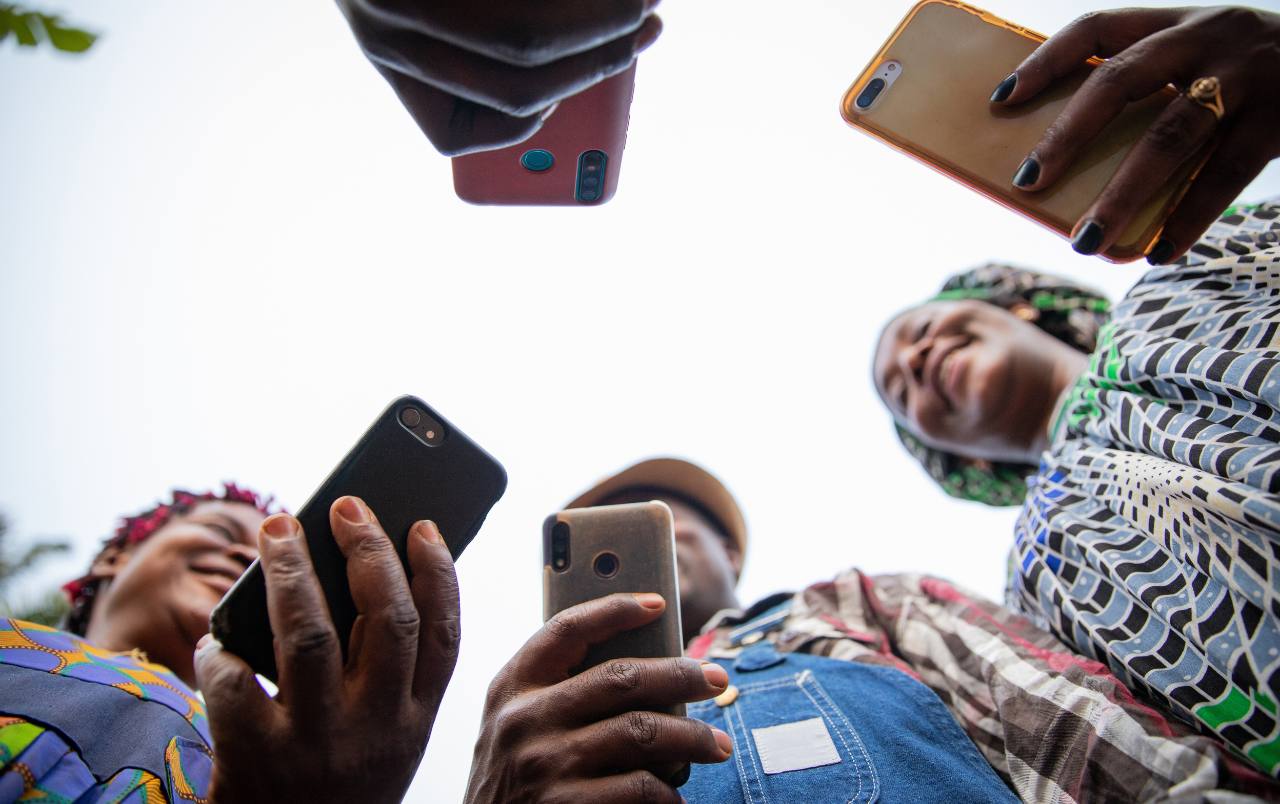South-South Global Thinkers is a global coalition of think tank networks that facilitates the sharing of knowledge, expertise, and perspectives…
“Strength in numbers” might sound cliché, but it couldn’t ring truer. In our increasingly interconnected world, the need for enhanced collaboration among Global South nations has never been more critical. Recent developments, like the African Union joining the G20, the expansion of BRICS, and the upcoming UN Summit of the Future, are a few examples of this. Similarly, for networks, leveraging effective communications strategies becomes critical in fostering meaningful partnerships as geopolitical and economic landscapes shift. Let’s explore how we, at Southern Voice, a network of 70 Global South think tanks, are tackling this challenge head-on.
Promoting South-South Collaboration through Communications Strategies
At Southern Voice, we recognise that bridging the gap between Global South local expertise and international stakeholders requires impactful communications tools. As such, we have implemented key practices to facilitate collaboration among our members:
- We publish thought-provoking articles by our network’s researchers on our website. This is done to ensure that valuable research from the Global South is accessible to a wider audience, including policymakers and international organisations. These pieces help amplify often unheard perspectives and increase the visibility of our members’ work.
- Our online presence stays active on social media, through daily posts on X and LinkedIn, live-tweeting events, and creating social media kits. The purpose here is twofold: it helps elevate the exciting work taking place among our network and facilitates real-time engagement with stakeholders worldwide. Through these, we are able to bridge geographical gaps and create a more inclusive global dialogue.
In keeping with Southern Voice’s network strategy approach, our endeavours emphasise knowledge sharing and amplifying Southern perspectives in global debates.
Even still, fostering collaboration through communication in such a diverse network has its challenges.
Challenges and Lessons Learned in Fostering Collaboration
Despite the promise of digital connectivity, unreliable internet connections in our regions often hinder smooth information exchange and virtual collaboration, forcing us to adopt less time-sensitive and taxing working methods.
To address these challenges, our team has implemented several strategic measures. One of these is employing a mix of high- and low-bandwidth solutions for greater accessibility of our products. An example is our homepage, which includes features like our Equal Earth Map, which can load in corners of the globe with weaker connectivity. After all, what good is our work if the people we represent can’t access it?
Facilitating collaboration across a network with 70 members means working with the understanding that our members have varying capacities of communications units. At times, providing them with the tools and guidelines for quality work and aligned messaging is required. Here, social media toolkits play a vital role in equipping members who may not have the capacity. These kits further our reach as they are shared with our members to disperse to their respective audiences.
It’s also important to mention that each member represents a demographic that should be appropriately represented and respected, both narratively and visually. We regularly scrutinise the images used for our written works to ensure that these groups are presented with dignity and respect.
Our content strategy filters complex policy discussions into accessible formats, ensuring that high-level dialogues remain understandable to the general public. Moreover, we actively showcase the work of our member organisations across our communications channels, providing exposure and encouraging knowledge sharing.
We’re bridging gaps and fostering meaningful collaboration across the Global South through these adaptive approaches. It’s a continuous refinement process, but we’re creating a more inclusive and practical framework for South-South communication and collaboration.
What next?
Bridging communications gaps in South-South collaboration is an ongoing journey requiring innovation and commitment. As Southern Voice’s experiences show, strategic communication can overcome diverse barriers, fostering a more cohesive Global South. Moving forward, we strongly urge funders and development agencies to increase investment in digital infrastructure across the Global South significantly, prioritising areas with weak connectivity. Additionally, we call on international organisations to actively amplify Global South voices in policy discussions, moving beyond tokenism to genuine inclusion and representation. As we refine our approaches, we’re not just unlocking the potential of South-South partnerships – we’re redefining them.


